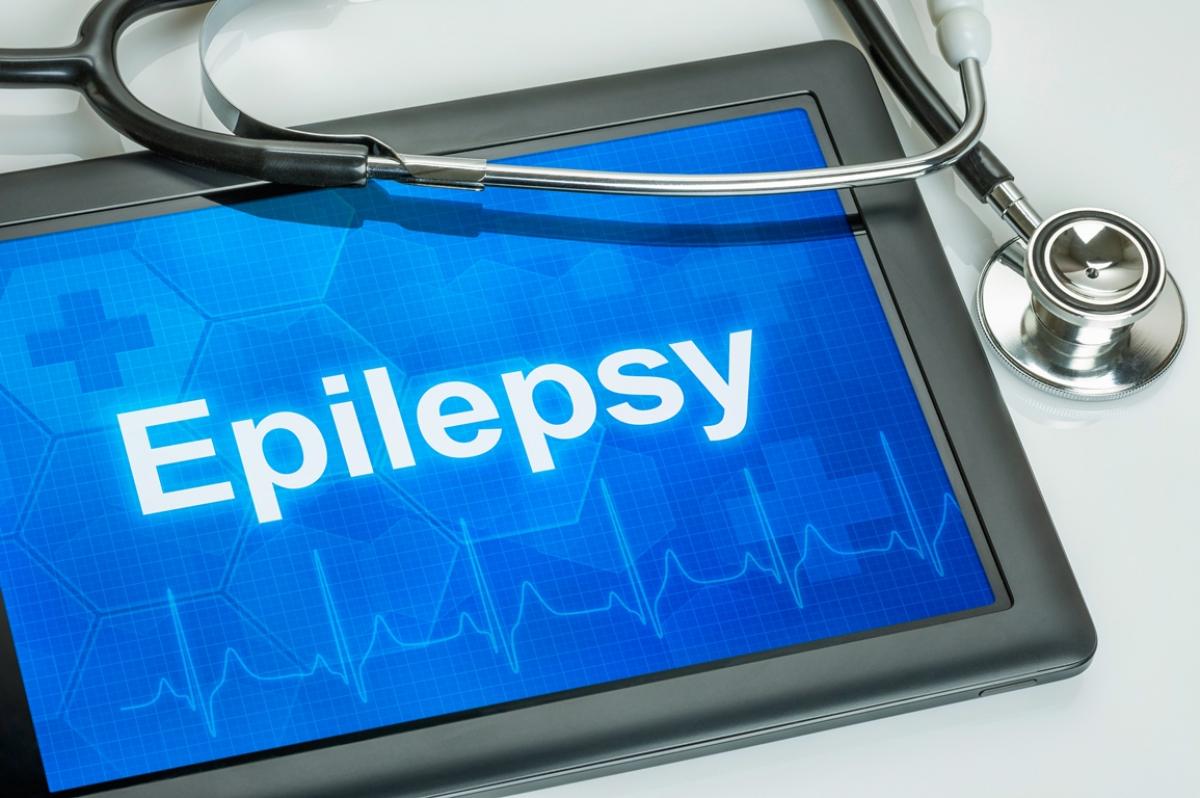
Estimated to occur in as many as 20,000 individuals in Nebraska alone, epilepsy is defined as the tendency to have recurrent, unprovoked seizures (which are temporary, abnormal changes in brain electrical function) that affect awareness, movement or sensation.
Get evaluated by the experts. To make an appointment with one of our epilepsy specialists, call 800.922.0000.
Depending on the origin of the electrical malfunction, epilepsy can cause a wide range of symptoms including recurrent episodes in which patients involuntarily scream, laugh inappropriately, fall to the ground in convulsions or lapse into an unconscious stare or state of confusion.

Epilepsy occurs commonly in two groups: young children born with the disorder and adults who develop it due to degenerative diseases or trauma. However, epilepsy can occur in any age. We also know that it is often related to prior medical episodes like stroke, traumatic brain injury, severe concussions, brain tumors, infections of the brain, and in many cases, genetics.
We have made tremendous advances in diagnosing and managing epilepsy over the last 20 years, and today, most people with epilepsy can live a normal life with the right diagnosis and treatment. If you have epilepsy and continue to experience seizures despite treatment, you should come to one of our epilepsy clinics on the Nebraska Medical Center campus or in Bellevue to ensure you that have been diagnosed properly and are receiving the right medication or combination of medications. We also specialize in various types of epilepsy surgery for difficult to treat cases that do not respond to medications alone.


